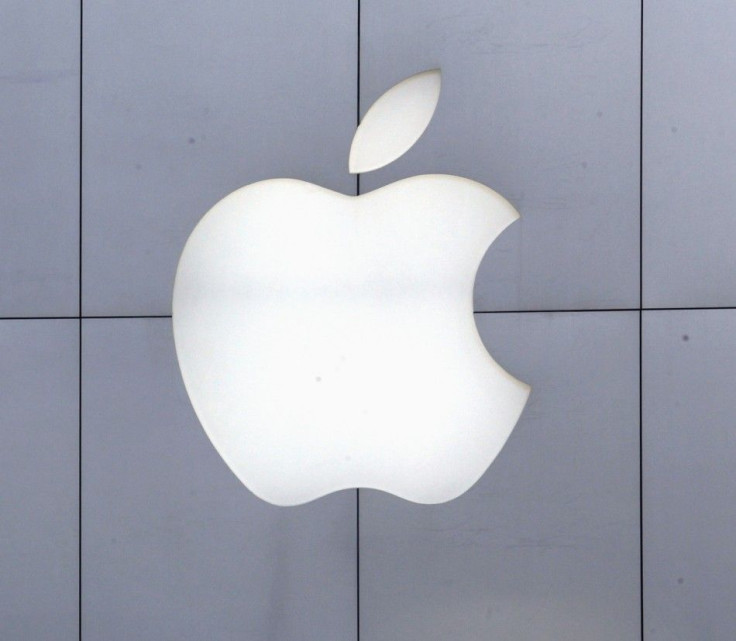Apple iMessage, Siri And Facetime Safe From NSA PRISM Program; Apple Discloses Information On Requests For User Data

Apple followed the lead recently started by Microsoft and Facebook and released information on the amount of requests it had received from the U.S. government for user information. Apple went a step further and included which types of information it does not store and cannot give to government agencies.
Between Dec. 1, 2012 and May 31, 2013, Apple received between 4,000 and 5,000 requests for customer data. These requests pertained to between 9,000 and 10,000 user accounts. The time period of this is worth noting, as it is more recent than the numbers disclosed by Microsoft and Facebook.
Apple said that it reviews every single request and only delivers the narrowest set of information to authorities. Sometimes it refuses to fulfill the requests, though Apple did not disclose information on how often this happens.
Apple then said that there is a lot of information that it doesn’t keep on a server and therefore cannot turn it over to agencies. iMessage and Facetime conversations, for example, are protected by end-to-end encryption so only the people involved can see them. Apple cannot decrypt them and turn them over. Apple also doesn’t retain data on customer location, Map searches or Siri requests and wouldn’t be able to deliver them to any government messageditoe.
Two weeks ago, a Washington Post article blew the lid off a secret NSA program called PRISM that taps into the servers of several Internet companies to collect and monitor user data. Apple, like the rest of the companies, has said it knew nothing about PRISM and does not give any government agency direct access to its servers.
“The most common form of requests comes from police investigating robberies and other crimes, searching for missing children, trying to locate a patient with Alzheimer’s disease or hoping to prevent a suicide,” Apple said in the statement. Like Facebook and Microsoft, Apple was only able to release this data under the condition that it doesn’t distinguish between law enforcement requests and requests from agencies like the NSA.
Google and Twitter have denied releasing data without separating the numbers of NSL and FISA requests separately; stating that doing so would be a step backward for their users.
“We have always believed that it’s important to differentiate between different types of government requests,” Google told AllThingsD. “We already publish criminal requests separately from National Security Letters. Lumping the two categories together would be a step back for our users.”
© Copyright IBTimes 2024. All rights reserved.






















